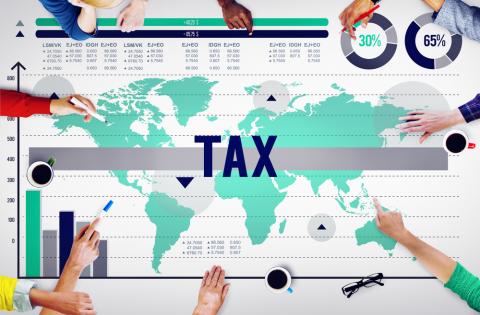European Economic
and Social Committee
Good tax governance clauses in international agreements will promote sustainable development
Taxation policy should be more prominent in European development policy, says the EESC
In recent years there has been considerable interest in the international tax system. Questions have been raised about the fairness of Double Taxation Agreements (DTAs) between developed and developing countries and the impact they have on tax revenues in developing countries. Rather than being able to mobilise much-needed domestic resources for sustainable development, developing countries seem to lose their resources due, to some extent at least, to outgoing capital flows. At OECD level, the EU's Member States have participated in international collaboration on tax reform aimed at curbing aggressive tax avoidance and "treaty shopping" by companies. An ongoing debate centres around the question of whether the UN may be a more appropriate forum for addressing these issues, as developing countries are invited to take their place at the negotiating table from the outset.
In its October Plenary Session the EESC adopted an opinion on EU development partnerships and the challenge posed by international tax agreements (Rapporteur: Alfred GAJDOSIK, Various Interests' Group/ Co-rapporteur: Thomas WAGNSONNER, Workers' Group). The opinion points out the need to assess the impact of international tax reform efforts on the sustainable development goals (SDGs). "The UN-SDGs need coordinated global efforts in relation to tax matters. The UN needs more support to fulfil this role," commented the rapporteur Alfred Gajdosik.
Achieving the SDGs requires financial resources but many countries face serious challenges when it comes to generating public revenue through tax collection. Some of the reasons for this are: the difficulty of implementing the income tax and sales tax systems in developing countries; global tax competition with regard to corporation tax; and the design of the DTAs.
The EESC welcomes all the efforts made by the EU and its Members States to address the weaknesses of the international tax system. Taxation policy should, however, also be a more important element of European development policy. The EESC urges the Member States to align their international taxation policies with the objectives of development policies in order to avoid conflicts between individual countries' taxation policies and joint development priorities.
Furthermore, there is a need to include good tax governance clauses in all relevant agreements between the EU and third countries and regions in order to promote sustainable development. When the EU and developing countries negotiate new free trade agreements and revise existing ones they should also analyse bilateral tax agreements. Impact assessments of the Member States' international tax policies on development policy objectives should become common practice.
The EESC supports the idea of private investment fostering development, when such development is in line with the SDGs and provided that it observes basic economic, environmental and social rights, core International Labour Organization (ILO) conventions and the Decent Work Agenda. Taxation matters go hand in hand with sustainable development objectives, which is why businesses should pay their taxes in the country where they make profits.
